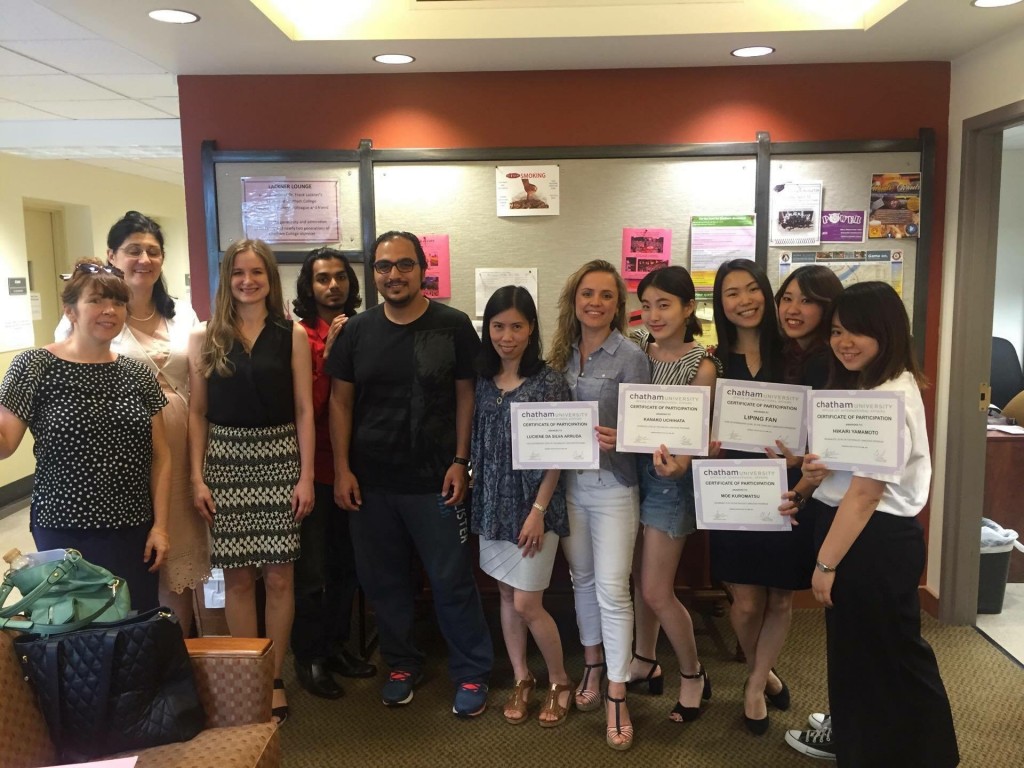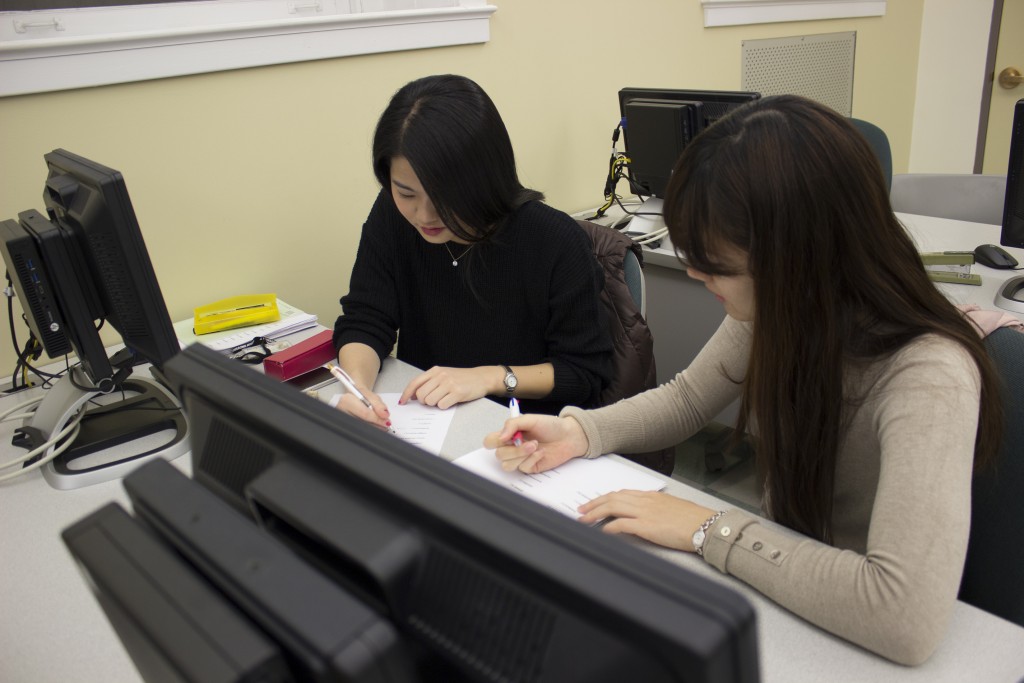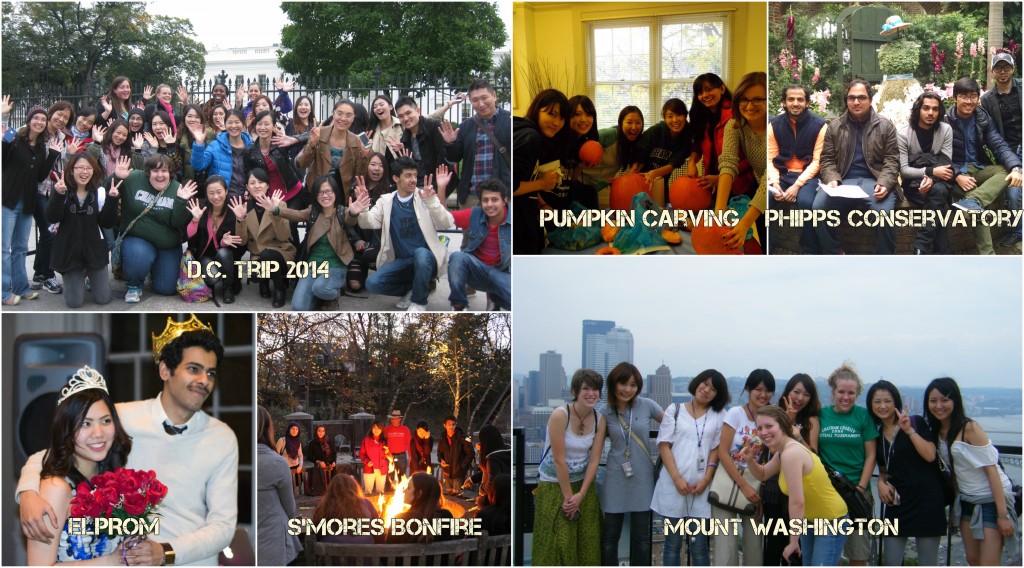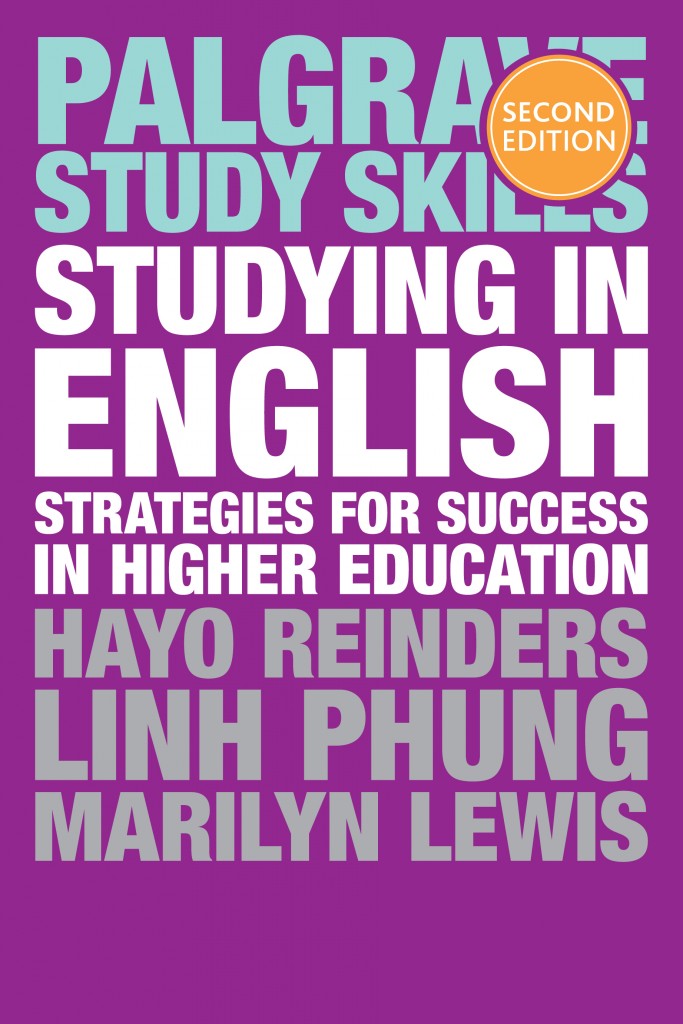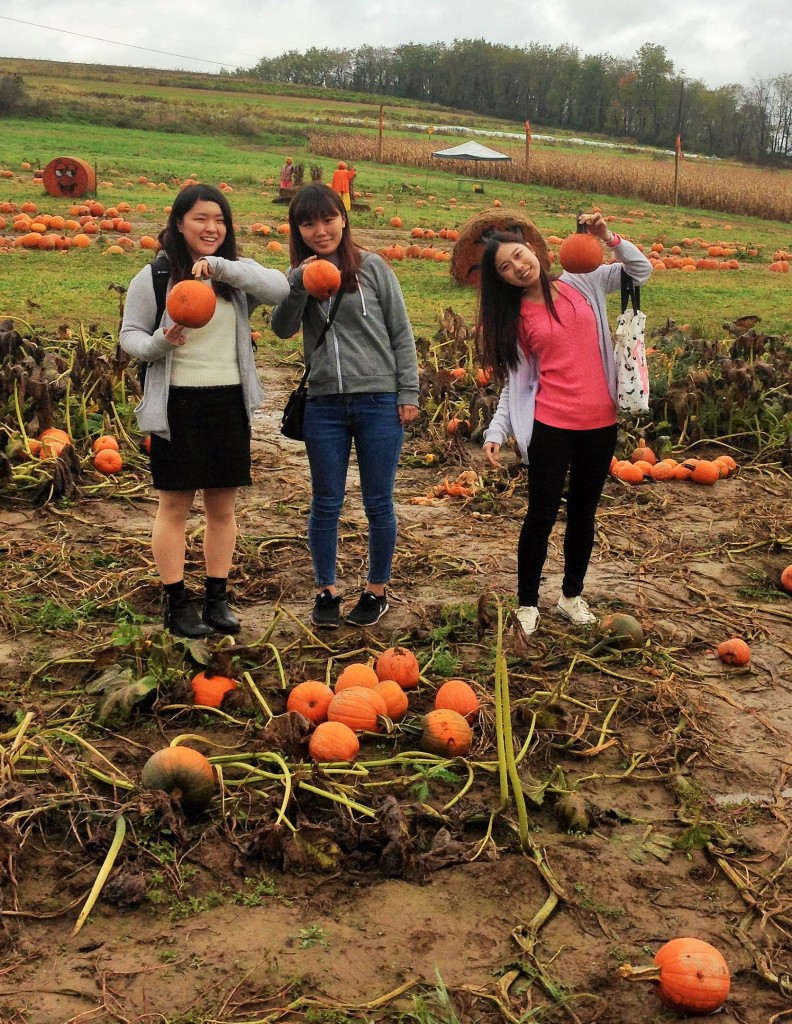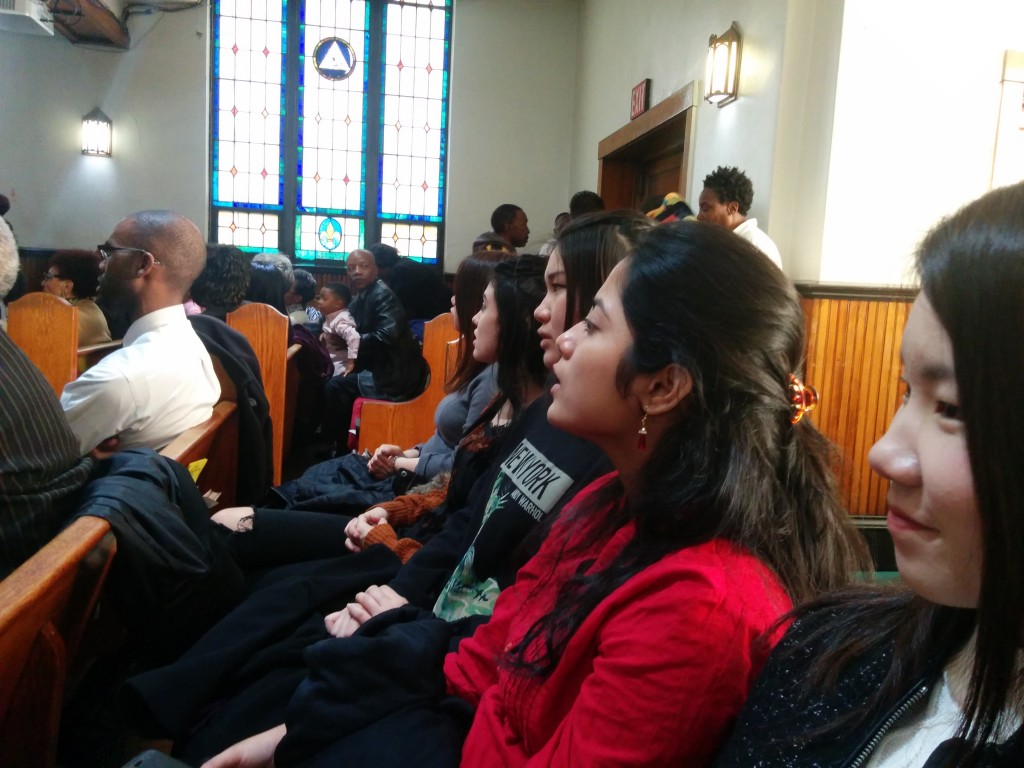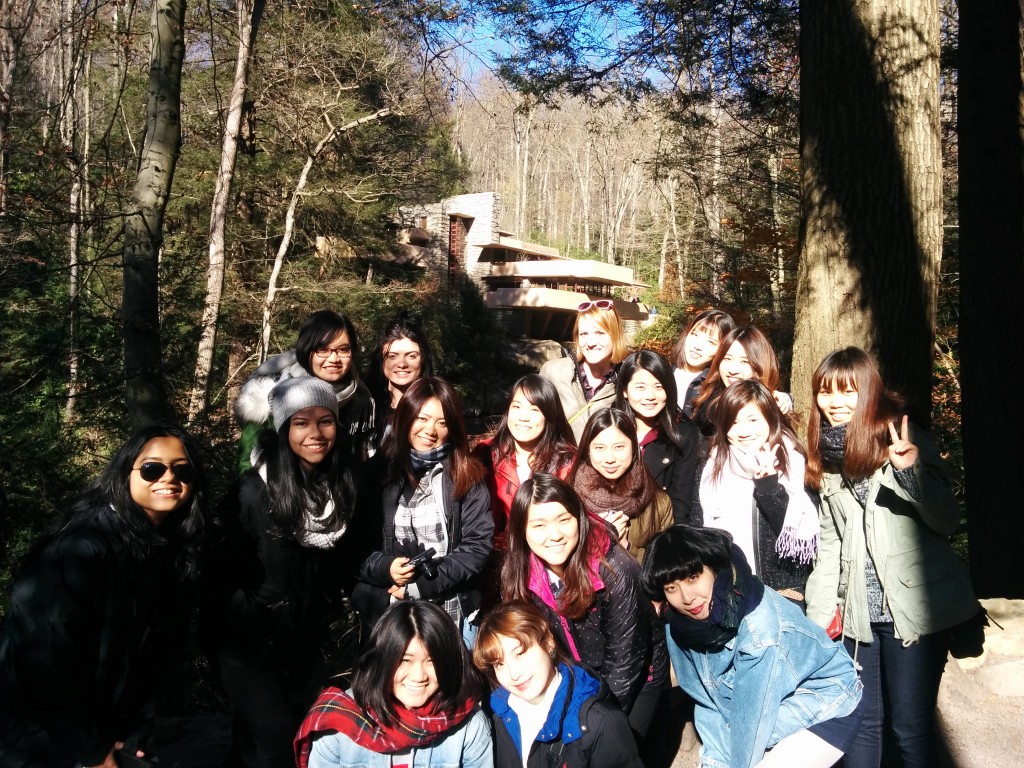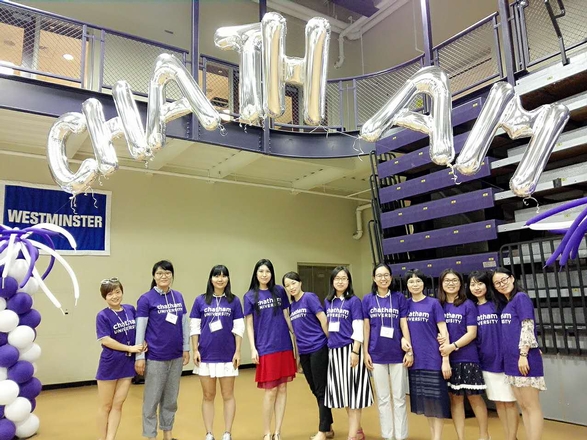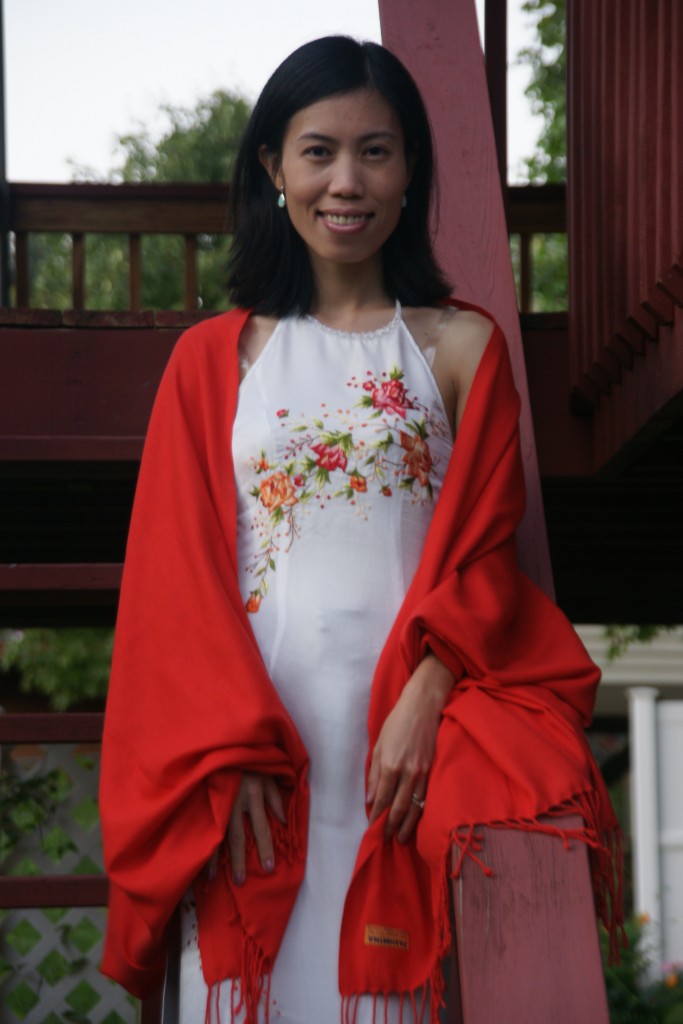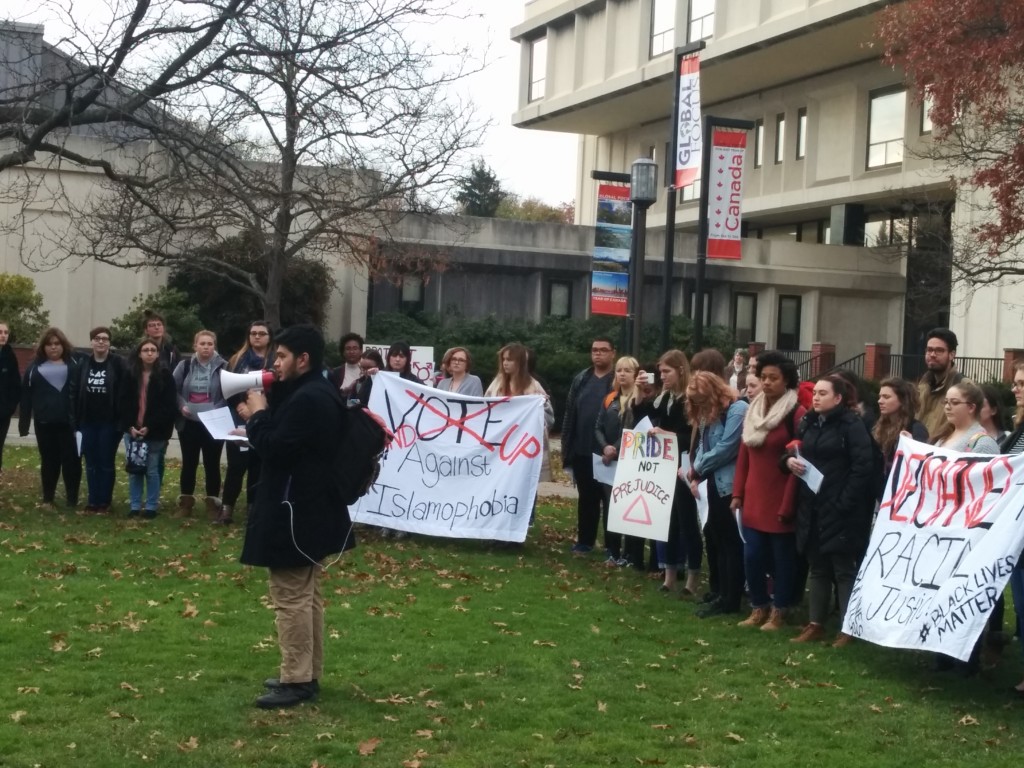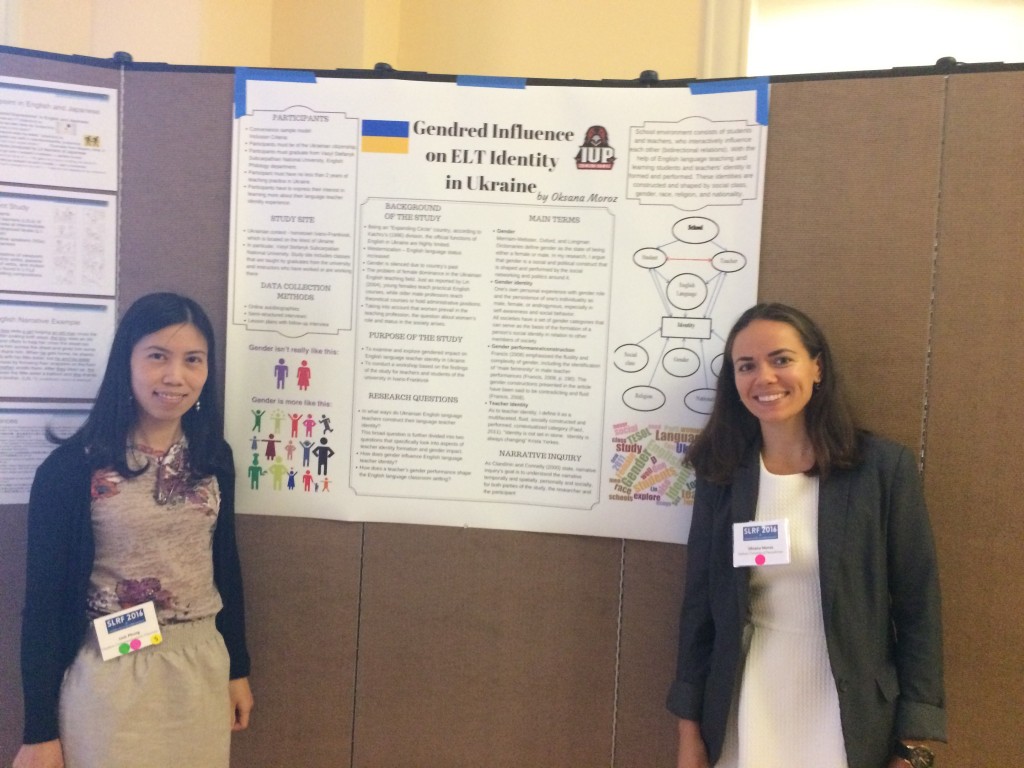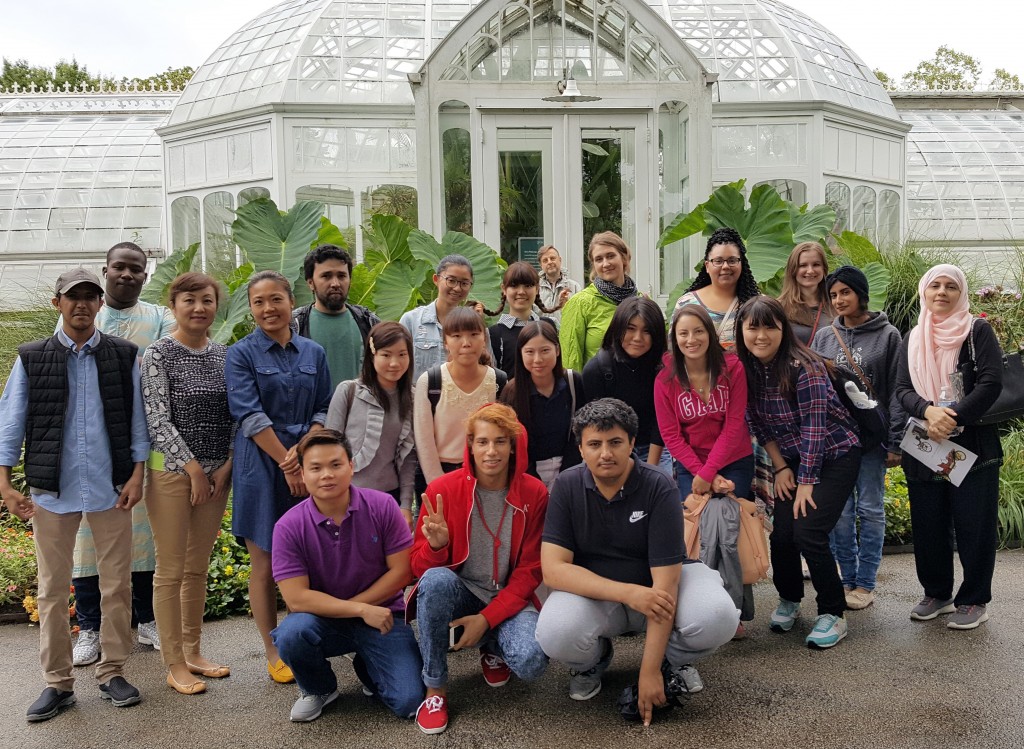Immerse Yourself in US Culture While Advancing Your Language Study
Students seeking a supportive Academic English program and the opportunities of city living will love Chatham University in Pittsburgh, Pennsylvania.
This private university, with an enrollment of 2,200 students, offers a safe campus with a bustling city just outside its front doors. On weekends, students can road trip to two of the county’s most renowned cultural hubs—New York City and Washington, D.C. (six and four hours away from Pittsburgh, respectively).
English Language Program
The key to the Chatham English Language Program (ELP) is the support students receive. Enthusiastic student testimonials speak to the energy and warmth of staff and participants in the ELP and the difference it makes in students’ lives.
Classes are kept small—12-14 students—and divided into five language levels. Faculty members are chosen for their exceptional teaching ability and their passion for supporting student growth.
The ELP is a pathway program to the university; students have conditional admission to degree programs and a TOEFL/IELTS waiver for those who complete the advanced level. To kick-start their degrees, students can sign up for classes in other departments, accruing credits and skills while advancing their language study.
Students interested in part-time or short programs also find connection and success at Chatham.
Student Life
ELP students are immersed in American culture. They are housed in charming student residences with American roommates. Abundant activities and a conversation partner program help build friendships and strengthen English fluency and comfort.
Offering a great deal of events and attractions, Pittsburgh was ranked among the 50 “Best Places to Travel in 2016” by Travel and Leisure Magazine.
From the classroom to city life, studying at Chatham means living your cultural and language goals.

